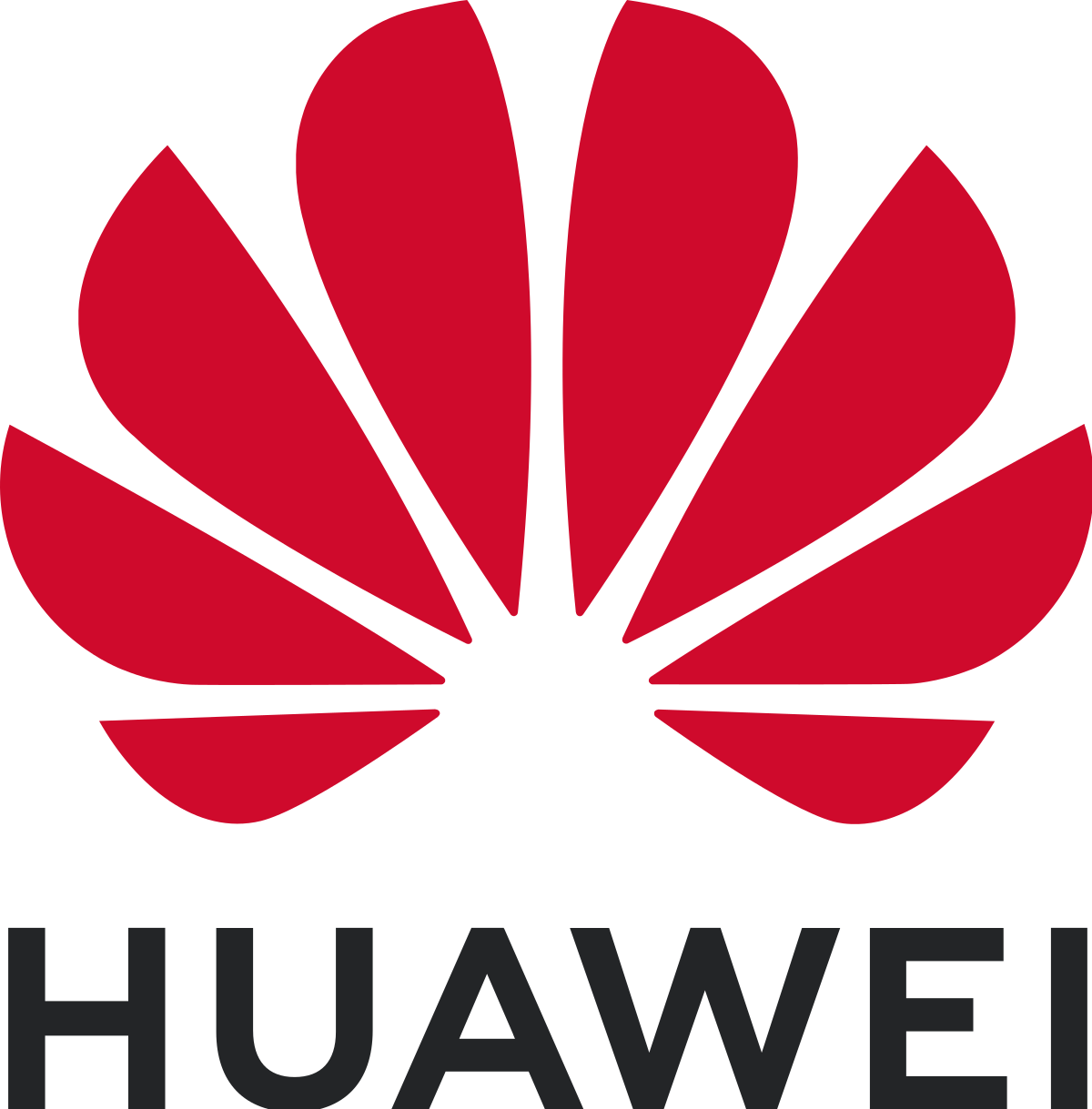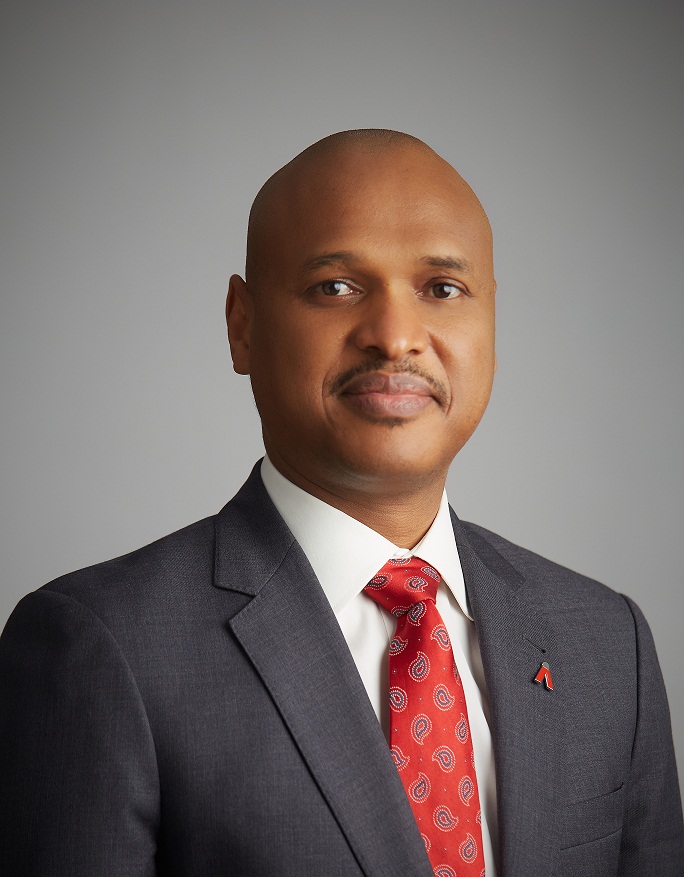Business
Huawei shows that next-gen data centres are sustainable and smart

Tech company, Huawei, has said that with the continuous development of fields such as 5G, artificial intelligence (AI), and Big Data, data centres will only grow in scale and importance.
This is even as there is growing pressure on data centres to use less electricity and operate more sustainably, especially as economies in Africa and other regions look to decarbonise.
Critically, they will have to do so without compromising on performance or drastically increasing their physical footprints.
Huawei said this while revealing its definition of the Next-Generation Data Center Facility, and unveiling its new PowerPOD 3.0 data centre power supply system.
The new rollouts, not only reaffirms Huawei’s commitment to building low-carbon, smart data centres, it also underscores the fact that the next generation of data centres will be sustainable, simplified, autonomous driving, and reliable.
“At Huawei, we are ready and willing to do to contribute to green development in Africa,” Jason Xia Hesheng, President of Huawei Digital Power Southern Africa said during the launch.
“We have a proud tradition of ensuring that all our technologies are sustainable while pushing the boundaries of innovation.
It will allow customers to pursue some of the most transformative technologies such as 5G and AI while protecting the planet.”
The PowerPOD 3.0 enables data centres to do all of these things. It reduces the footprint of data centres by 40%, cuts their energy consumption by 70%, shortens the delivery period from 2 months to 2 weeks, and lowers the service level agreement (SLA) fault rate by 38%.
Africa in particular stands to benefit from systems such as the PowerPOD 3.0. Energy in particular presents a major challenge in Africa. Data centres consume anywhere between 2%-3% of the world’s power annually. This adds an additional strain on African countries’ grids.
Additionally, the average annual Power Usage Effectiveness (PUE) of data centres in Africa is 1.8, meaning that they aren’t as efficient as they could be. Something like the PowerPOD 3.0 could go a long way to bringing that score closer to the ideal of 1.0.
In addition, the system’s ability to bring down O&M costs could also prove significant, given that the initial construction of data centre accounts for just a third of its costs, with the other two-thirds coming from O&M.
With Africa set to have more than 600-million internet users and 360 million intelligent end-users by 2025, it will be critical that it not just use systems such as PowerPOD 3.0 to make its existing data centres more efficient, but also as a way of embracing the next generation of data centres, characterized by Sustainability, Simplification, Autonomous Driving and Reliability.
As Africa looks to balance population growth, urbanisation, and the desire to move forward on smart city initiatives with commitments to decarbonise, these kinds of next-generation data centres will be crucial. As the “heart” of the data centre, the power supply system should integrate and innovate all devices in the power supply chain.
Business
TAJBank Emerges Nigeria’s Biggest Non-Interest Bank

Cyril Ogar
After five years of operations in Nigeria’s rapidly evolving non-interest banking (NIB) space, TAJBank Limited has become the biggest player in the NIB subsector based on its total assets and gross earnings values.
Disclosing this during his paper presentation on the key performance indices in the non-interest banking space over the past few years at a seminar organized by Leaders Corporate Services with the theme “Roles of Non-Interest Banks In SMEs’ Financing” for SME entrepreneurs yesterday in Abuja, an investment expert, Mr. Olabode Akeredolu-Ale, maintained that based on the non-interest banks’ approved financial statements for the half year 2025, TAJBank currently remained the biggest in terms of its total assets.
The expert, a chartered stockbroker, specifically confirmed that his recent investment researches on the NIBs and their financial performances showed that TAJBank, with its total assets rising to N1.017 trillion in half year 2025 up from N953.098 billion as of December 2024, which is about N53 billion higher than the nearest NIB’s assets, now ranked top in the banking subsector.
According to him, TAJBank’s gross earnings for H1 2025 also surged to N53.752 billion from N32.86 billion as of December 2024, representing a 64% growth, and higher than the nearest NIB’s gross earnings in the period under review.
This is even as he disclosed that on the NIBs’ earnings per share during the half year, TAJBank reported N61.36 kobo earnings per share, about 92% higher than the earnings per share of the next NIB during the period.
Akeredolu-Ale, who is also a chartered accountant, clarified: “The figures I am reeling out here on the NIBs are sourced from the banking and capital market regulatory institutions’ platforms, which anyone can access to verify.
“I am part of this event because of my research interest in non-interest banking and how the players in the subsector in Nigeria can help to leverage their competencies in innovation and ethical banking to support our MSMEs.
“Today, the MSMEs cannot access DMBs’ loans due to high lending rates and other inclement macroeconomic factors. This is where I think the NIBs have become very crucial to Nigeria’s economic growth.
“Overall, my findings on the NIBs indicated that they are all trying their best with non-interest loans to support entrepreneurs, particularly the MSMEs owners. I have advised those of them at this seminar to explore the cost-friendly financing options of the NIBs to grow their businesses by opening accounts with the NIBs”, the expert added.
Another speaker at the event, Benjamin Chukwudi, also commended the NIBs for their “catalytic roles in helping SMEs to access interest-free loans and providing them the needed financial management advisory, which have been helping them in sustaining their operations in the face of rising cost of doing business in the country.”
-

 Featured6 years ago
Featured6 years agoLampard Names New Chelsea Manager
-

 Featured6 years ago
Featured6 years agoFG To Extends Lockdown In FCT, Lagos Ogun states For 7days
-

 Featured6 years ago
Featured6 years agoChildren Custody: Court Adjourns Mike Ezuruonye, Wife’s Case To April 7
-

 Featured6 years ago
Featured6 years agoNYSC Dismisses Report Of DG’s Plan To Islamize Benue Orientation Camp
-

 Featured4 years ago
Featured4 years agoTransfer Saga: How Mikel Obi Refused to compensate me After I Linked Him Worth $4m Deal In Kuwait SC – Okafor
-
Sports3 years ago
TINUBU LAMBAST DELE MOMODU
-

 News10 months ago
News10 months agoZulu to Super Eagles B team, President Tinubu is happy with you
-
Featured6 years ago
Board urges FG to establish one-stop rehabilitation centres in 6 geopolitical zones
